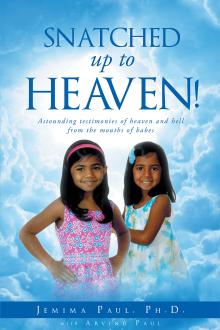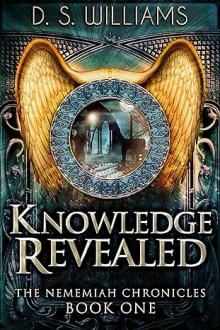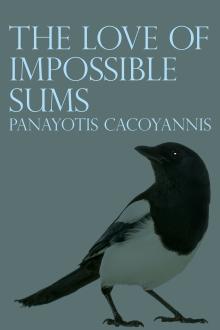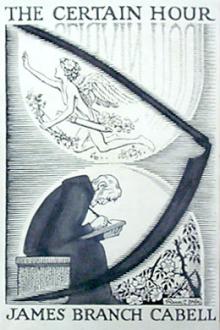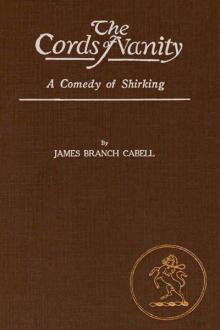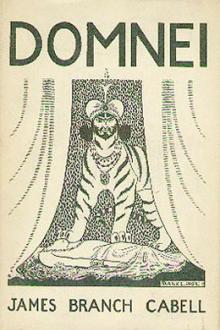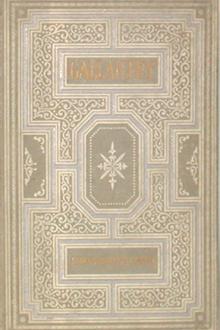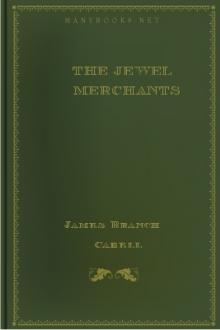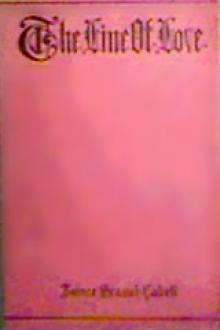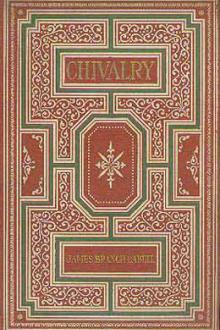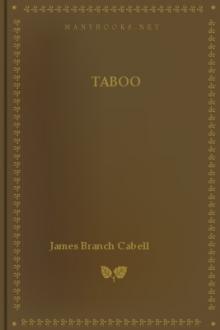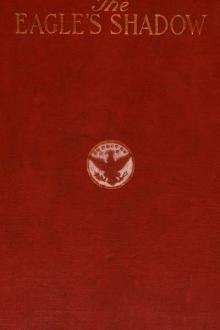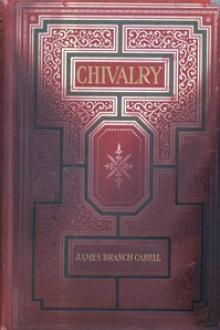Figures of Earth
Figures of Earth
A Comedy of Appearances
A "comedy of appearances" -- the story of Manuel of the High Head who, by dint of doing the expected thing, rose from herding the miller's pigs to become the Count of Poictesme. His adventures are recounted with the impudent whimsicality and superb artistry which are Mr. Cabell's special distinction.
Book Excerpt
eet lightning), lest his concentrated look (the thunderbolt) should reduce the universe to ashes.... His watery parentage, and the storm-god's relationship with a swan-maiden of the Apsarasas (typifying the mists and clouds), and with Freydis the fire queen, are equally obvious: whereas Niafer is plainly a variant of Nephthys, Lady of the House, whose personality Dr. Budge sums up as 'the goddess of the death which is not eternal,' or Nerthus, the Subterranean Earth, which the warm rainstorm quickens to life and fertility."
All this seems dull enough to be plausible. Yet no less an authority than Charles Garnier has replied, in rather indignant rebuttal: "Qu'ont étè en réalité Manuel et Siegfried, Achille et Rustem? Par quels exploits ont-ils mérité l'éternelle admiration que leur ont vouée les hommes de leur race? Nul ne répondra jamais à ces questions.... Mais Poictesme croit à la réalité de cette figure que se
FREE EBOOKS AND DEALS
(view all)Popular books in Humor, Fantasy, Fiction and Literature
Readers reviews
5.0
LoginSign up
The author is making fun of romance fantasy and being very clever at that, like the other reviewer noted, similar to Terry Pratchett. Includes nice vignettes (how do you call these mini-illustrations). Quite an unexpected gem at manybooks.
- Upvote (0)
- Downvote (0)
Excellent satire of romance quest novels (a sort of Terri Pratchett of the 1920s). Manuel, a swine herd and the most literal of heroes, defeats a great magician, grants wisdom to a foolish Count, turns an evil Duke into a saint, and becomes lord of a large domain mostly by taking advantage of various women and by letting people with grand, romantic ideas believe what they want to believe about him and about goose feathers. Much of the humor is understated, but some passages are just hillarious. Then, at the end, Cabel adds a few fascinating quasi philosopical chapters that touch rather pointedly on what we value and why. (Women are treated as practical-minded (generally clever) shrews for the most part.)
06/08/2009
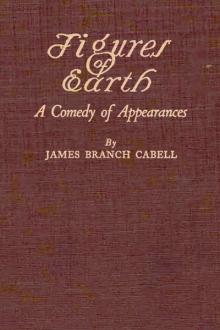
 Free Download
Free Download




